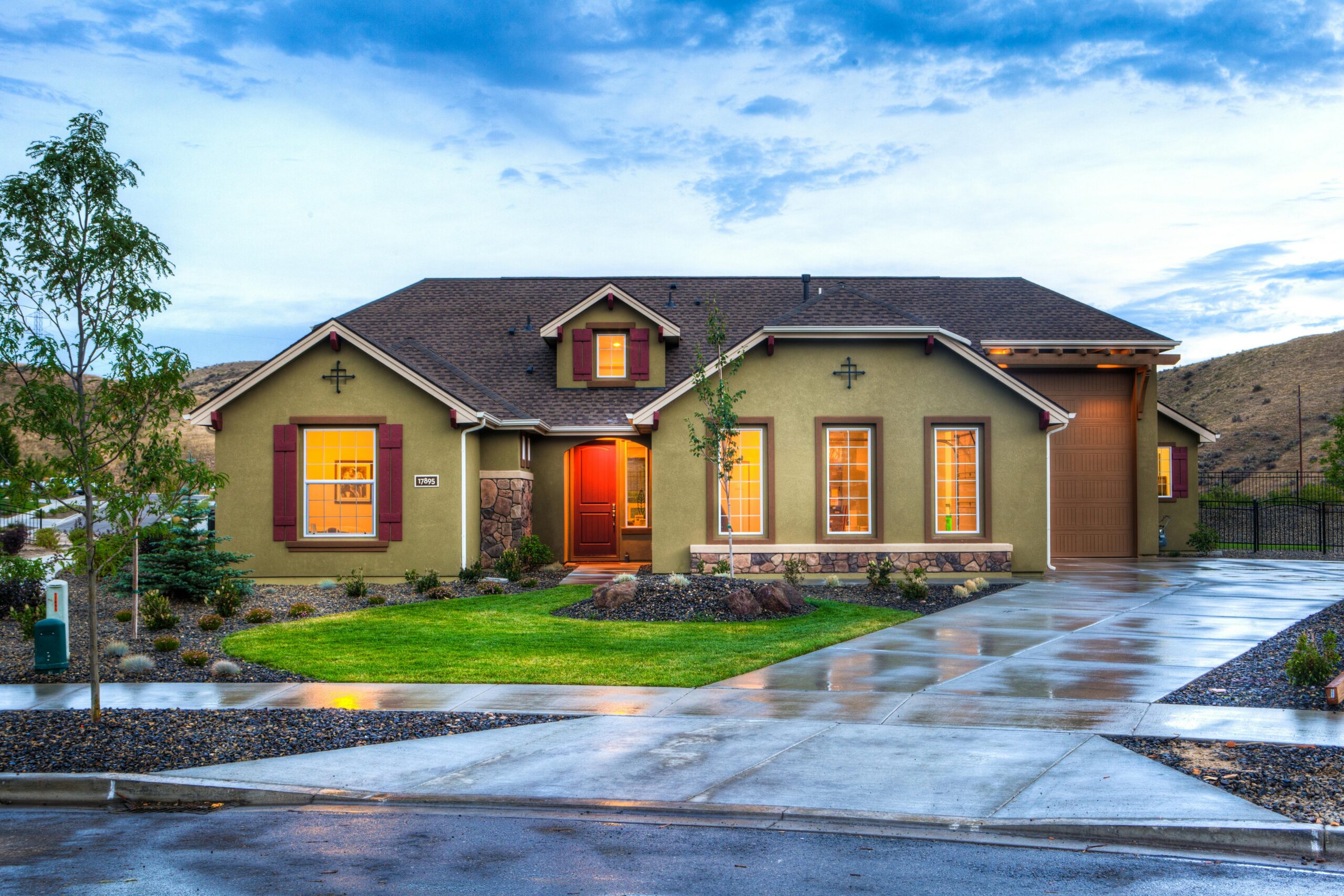Choosing between an asphalt and concrete driveway is one of the most significant decisions homeowners face when improving their property’s exterior. Both materials offer distinct advantages and challenges that must be carefully considered based on your specific needs, climate conditions, and budget constraints. In this comprehensive guide, we’ll examine the key factors that should influence your decision, including installation costs, long-term durability, climate suitability, maintenance requirements, and aesthetic appeal of both driveway materials.
Initial Cost Considerations
When conducting an asphalt vs concrete driveway cost comparison, asphalt typically emerges as the more budget-friendly option upfront. On average, asphalt driveways cost between $2-$5 per square foot installed, while concrete driveways range from $4-$8 per square foot for standard finishes. This significant price difference often makes asphalt an attractive option for homeowners working with tighter budgets or those with longer driveways where material costs multiply quickly. However, focusing solely on initial installation costs provides an incomplete picture of the true investment. The best driveway material for your home should balance upfront expenses with long-term value and performance expectations.
Durability and Lifespan
The longevity of your driveway represents a critical factor in determining which material offers better value over time. Concrete driveways typically last 30-40 years with proper maintenance, while asphalt driveways generally need replacement after 15-20 years. This substantial difference in lifespan can offset the higher initial installation cost of concrete when calculated on an annual basis. When reviewing the pros cons of asphalt concrete choices, it’s worth noting that concrete’s durability comes with less flexibility, making it more prone to cracking in areas with frequent freeze-thaw cycles. Asphalt’s slightly more flexible nature allows it to expand and contract with temperature fluctuations, though this advantage comes with the trade-off of a softer surface that may deform under extreme heat.
Climate Considerations
Your local climate plays a pivotal role in determining the best driveway material for your specific location. Asphalt performs exceptionally well in colder regions where frequent snowfall occurs. Its dark surface absorbs heat, helping snow and ice melt faster, and its slight flexibility accommodates ground movement during freeze-thaw cycles. Concrete, meanwhile, excels in warmer climates where its reflective surface helps reduce heat absorption and prevents softening during hot summer months. Homeowners in the Snow Belt might find asphalt more practical, while those in the Sun Belt often prefer concrete’s performance in high temperatures. As experts at AskHomey often advise, matching your driveway material to your regional climate conditions can significantly extend its functional lifespan.
Maintenance Requirements
The ongoing maintenance needs represent another crucial consideration in the asphalt vs concrete debate. Asphalt requires more regular maintenance, including sealcoating every 3-5 years to protect against oxidation, cracking, and water damage. This periodic treatment costs roughly $0.15-$0.25 per square foot but significantly extends the driveway’s lifespan. Concrete requires less frequent maintenance but can be more difficult and expensive to repair when problems do occur. Concrete stains more easily than asphalt and may require periodic cleaning with specialized products to maintain its appearance. When weighing the pros cons of asphalt concrete options, consider not just the frequency of maintenance but also your willingness to perform or schedule these recurring tasks.
Appearance and Curb Appeal
Aesthetic considerations factor prominently for many homeowners deciding between asphalt and concrete. Concrete offers greater design flexibility with options for various finishes including stamping, coloring, and texturing that can complement your home’s architectural style. These decorative options increase costs but provide opportunities for personalization and enhanced curb appeal. Asphalt presents a more uniform, traditional appearance with its characteristic black finish that creates a clean, defined edge against landscaping. Over time, asphalt may develop a slightly grayish tone as it ages, while concrete can develop a patina that some homeowners find appealing. Your preference for the best driveway material might ultimately depend on which aesthetic better complements your home’s exterior design.
Environmental Impact
Modern homeowners increasingly consider environmental factors when selecting building materials. Asphalt is petroleum-based and produces more emissions during manufacturing, though it’s nearly 100% recyclable when removed. Concrete has a high carbon footprint during production but offers excellent longevity that spreads its environmental impact over decades. Permeable versions of both materials are now available that allow water to filter through rather than contributing to runoff issues, though these specialized options increase installation costs. When conducting an asphalt vs concrete driveway cost comparison, factoring in environmental considerations provides a more comprehensive evaluation of the true costs associated with each material.
For more tips and to connect with reliable home service professionals, follow AskHomey on Facebook and Instagram.



